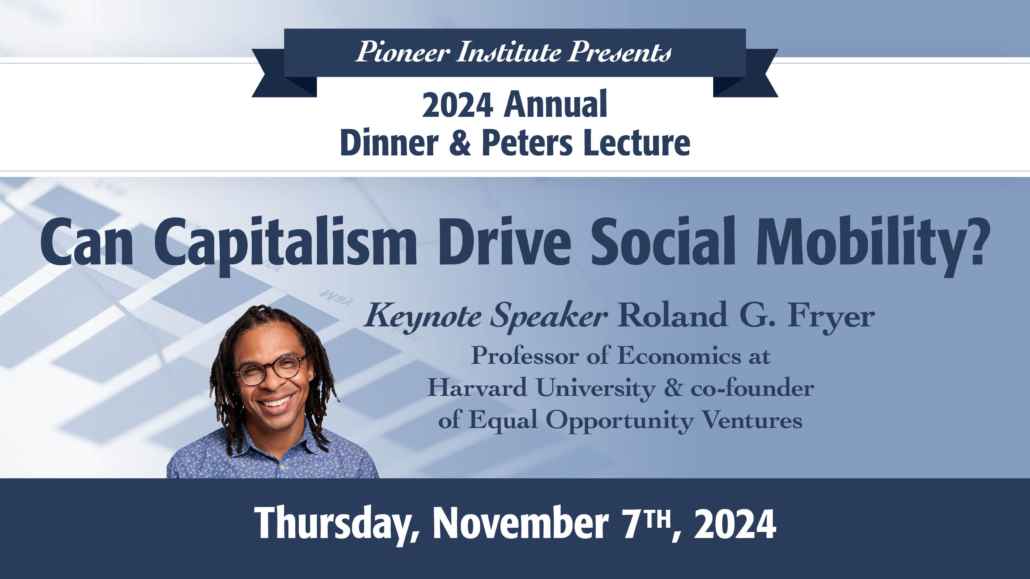The Education Writers Association casts its narrowing gaze on Boston, May 1-3
Many billions have been spent, and continue to be spent, promoting the Common Core Standards and their associated consortium tests, PARCC and SBAC. Nonetheless, the “Initiative” has been stopped in its tracks largely by a loose coalition of unpaid grassroots activists. That barely-organized amateurs could match the many well-organized, well-paid professional organizations, tells us something about Common Core’s natural appeal, or lack thereof. Absent the injection of huge amounts of money and political mandates, there would be no Common Core. The Common Core Initiative (CCI) does not progress, but neither does it go away. Its alleged primary benefit—alignment both within and across states (allegedly producing valid cross-state comparisons)—continues to degrade as participating states make changes that suit them. The degree […]

